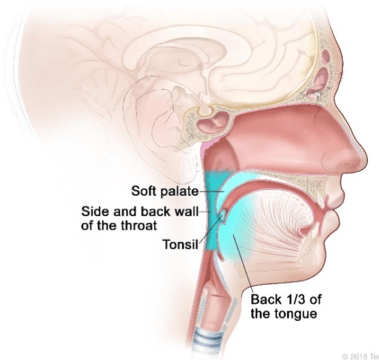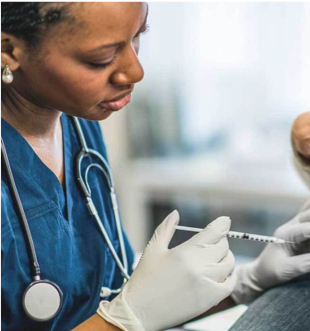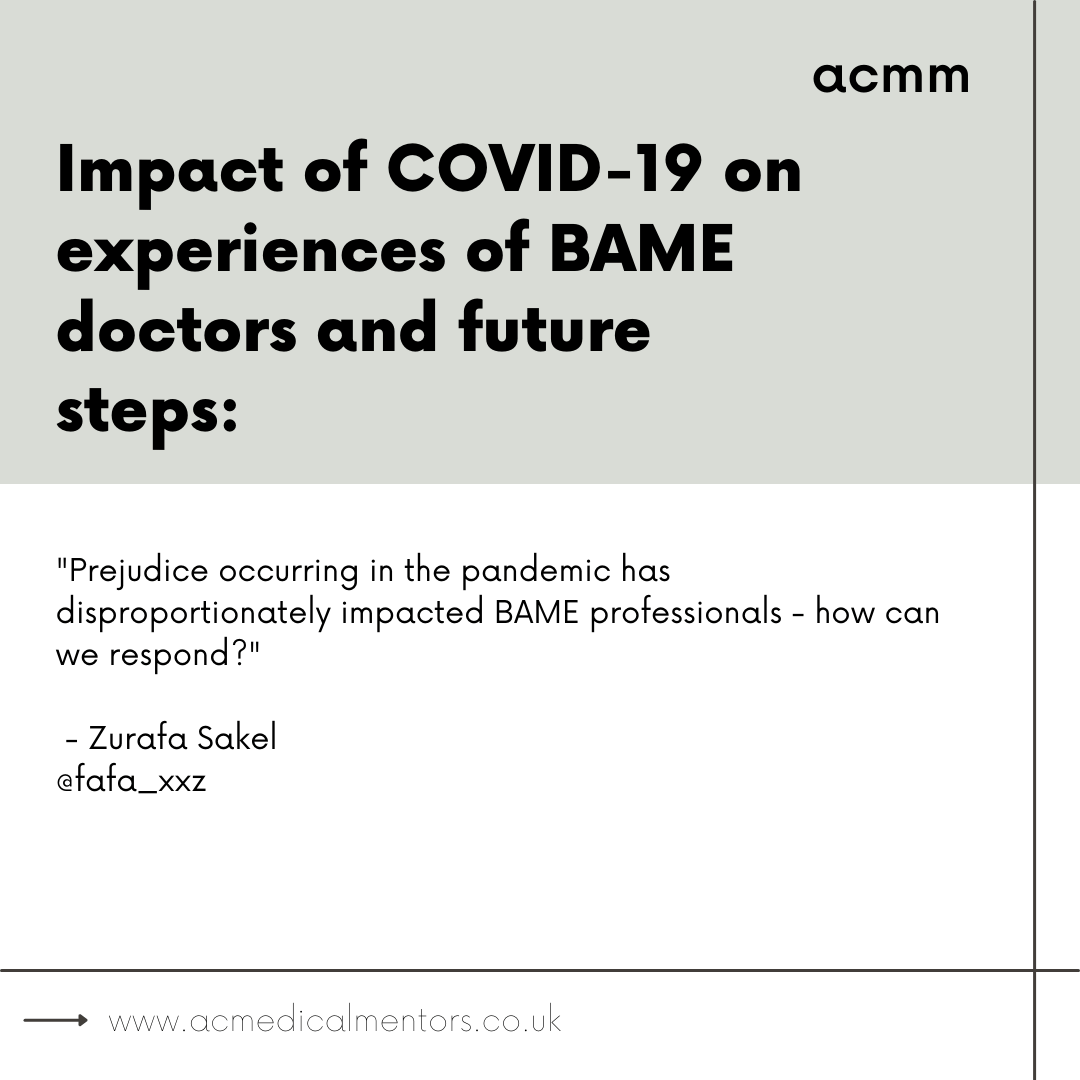Human Papilloma Virus and oral sex linked to cancer epidemic

Squamous cell carcinoma, a type of cancer, of the oropharynx is becoming a growing epidemic due to an increase in human papilloma virus (HPV) related cancers. In particular, the HPV-related oropharyngeal cancer is increasing in incidence amongst young, middle-aged men.
HPV stands for human papilloma virus. It is a common type of virus that infects the skin and cells lining body cavities. Around 80% of people will be infected with the virus at some point in their lifetime. However, most people infected with HPV do not realise they have it and usually there are no symptoms. There are many types of HPV that can cause cancer of the cervix, anus, penis, vulva, vagina, oropharynx as well as benign warts or have no effect at all. There are a number of serotypes leading to different viral manifestations. A serotype is a distinct variation within a species of bacteria or virus. In this post, we focus on the oral HPV infection that can lead to HPV-positive oropharyngeal squamous cell carcinoma (HPV-OSCC). The majority of HPV-OSCC are caused by the serotype HPV 16.
Oropharyngeal squamous cell carcinoma is a type of head and neck cancer. Most of these have a thin appearance due to the proliferation of the flat cells lining the inside of the oropharynx. The location of the oropharynx is the middle part of the pharynx (throat) which lies behind the mouth. It consists of the soft palate, side and back walls of the throat, tonsils and back one third of the tongue).

The initial symptoms are usually a painless swelling or lump in the neck, but other common symptoms could include;
-An earache
- A sore throat or tongue
-Difficulty swallowing or moving your mouth and jaw
-Bad breath
-Unexplained weight loss
-Changes in your voice
These symptoms can be caused by several other conditions; however it is important to have them checked by your doctor or dentist. Oropharyngeal cancer can be treated successfully when diagnosed early and generally has a good prognosis.
There are a number of risk factors that if avoided could reduce the chances of oropharyngeal cancer development; in particular drinking alcohol and smoking or chewing tobacco. However, in an overwhelming amount of cases oropharyngeal cancer is linked to the HPV virus, which is spread via skin to skin contact, often during sexual intercourse and oral sex. Most sexually active people will have HPV at some point during their lifetime and so the risk of oral/oropharyngeal HPV infection increases with the number of oral sexual partners. Most HPV infections do not progress to cancer and are usually cleared by the immune system, nonetheless, patients with HPV-positive cancer are more likely to have an increased number of sexual partners (more than 8-10) and more likely to have a history of more than 4 oral sexual partners.

All girls aged 12 to 18 are eligible to receive a free HPV vaccine for free from the NHS. This helps protect against cervical cancer, which is the most common cancer in women under 35 in the UK. In addition it helps to protect against other HPV-related cancers. Vaccinating girls indirectly helps protect boys from HPV related cancers, this is known as “herd protection”. However, from 2019/2020, it is expected that 12 to 13 year old boys will become eligible for the HPV vaccine.
It is important to be aware of the effect our lifestyle can have on our health. Regularly attending your dental appointments can help early detection of any oral conditions and get timely treatment if necessary.
Article written by Sarah Mpi
Edited by Elina Daitey










